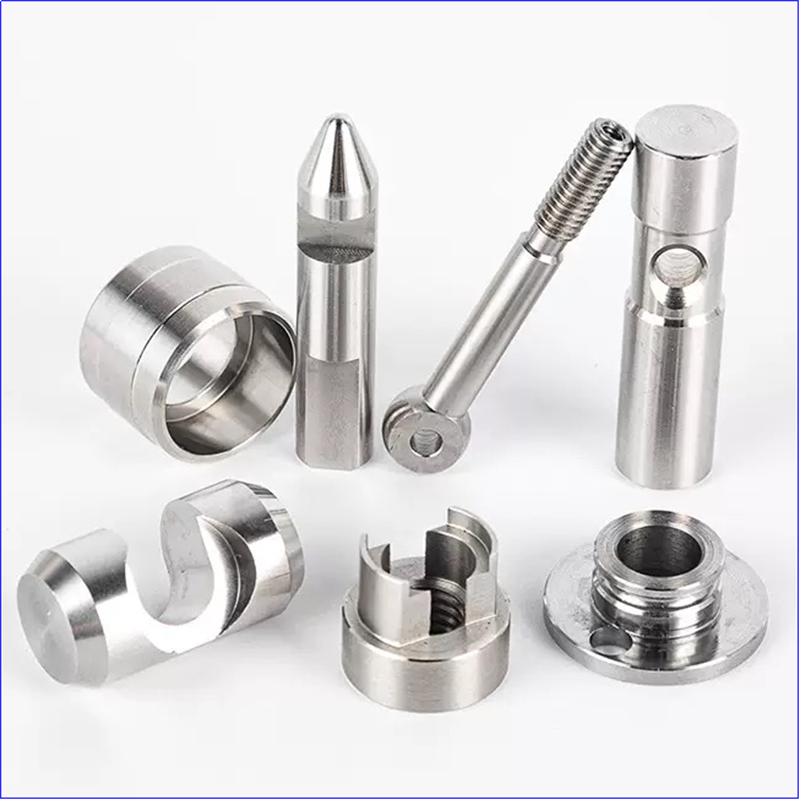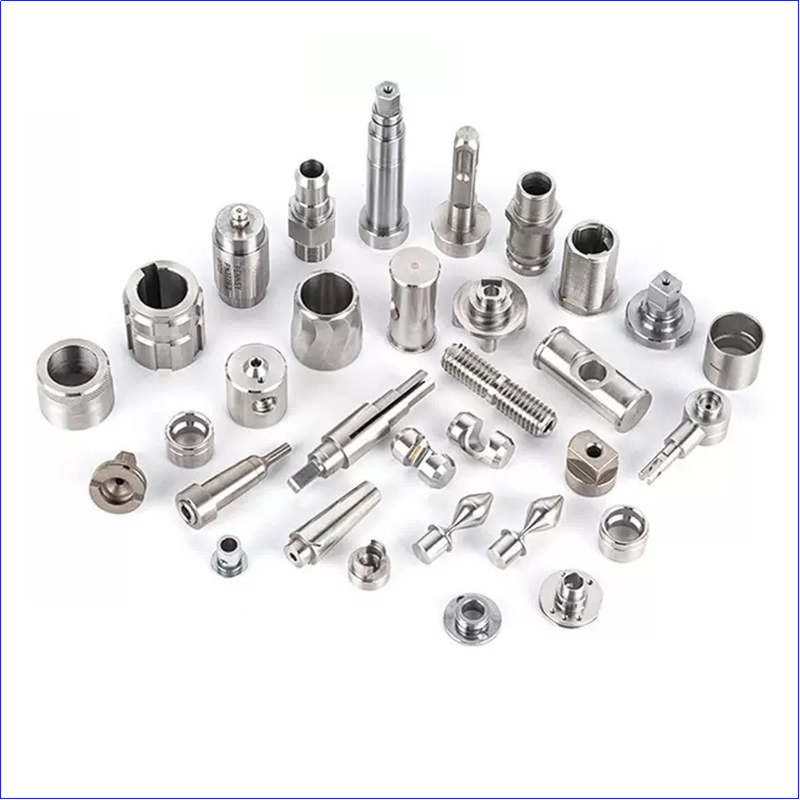CNC Technology in Medical Industry
2025-09-08
CNC machines enable the manufacture of precision components for large devices and systems, even the most advanced and precise microsurgery. Without these precision CNC components, these operations would be impossible.
In addition to repeatable production, the contemporary medical industry demands the highest precision and accuracy. These characteristics enable electronic devices, surgical instruments, and prosthetic components to be used efficiently and comfortably.
Advantages of Medical CNC Machining Components
Frankly speaking, the advantages and possibilities of CNC technology are the primary reason for its widespread adoption in the medical industry. It's no exaggeration to say that CNC machines are the industry standard for medical component manufacturing, just as they are in the aerospace industry.
The advantages of CNC machining make it such a perfect fit:
Highest manufacturing precision – Modern CNC machines can produce highly complex parts and tools, often compact, with extremely close tolerances, easy interchangeability, and precise operation.
High repeatability and manufacturing speed – CNC technology enables the mass production of nearly identical parts (under rigorous quality control). Therefore, these CNC machining components can be easily replaced and become integral to larger systems.
Ability to process a wide range of materials – Steel is not the only material used in the medical industry. Modern CNC machining equipment can also form other alloys, ceramics, composites, or polymers.

Wide range of material forming possibilities – CNC machining equipment can produce parts of virtually any shape. Combined with electrical discharge machining, even the most complex parts can be produced.
Achieving low average unit costs in series production
The ability to scale up production and start new series virtually on-the-spot (often referred to as "on-demand production").
The contemporary medical industry uses CNC machining services for the following applications:
Manufacturing surgical instruments, particularly chemically stable alloys such as steel (200, 300, 400, and 500 series, with a particular emphasis on 316L alloy, commonly referred to as "surgical steel"), such as scalpels or scissors.
Manufacturing micro-medical tools (e.g., for laparoscopes), where the high precision required makes the production repeatability provided by CNC equipment highly desirable. In addition, strict quality control helps maintain interchangeability between parts from different batches.
In the manufacture of prosthetic (limb or dental) parts requiring high-precision production and machining (often with non-standard threads);
In the manufacture of large system parts (for example, the housing frames of medical devices such as CT or MRI scanners, which are often made of non-magnetic alloys or polymers);
In the manufacture of various components made of polymers and plastics (for example, couplers made of chemically stable materials that can be easily cleaned with strong disinfectants);
In prototyping—Although CNC machining allows for fast and efficient mass production, it may not seem an ideal solution at first glance. However, due to the demand for high precision and technical availability, CNC remains a popular technology for medical prototyping.
To summarize CNC machining applications in the medical industry—the more sophisticated and specialized the medical device, the more suitable it is for the corresponding manufacturing process.
Material for Medical Product Processing

The medical industry is often associated with steel—one of the oldest known alloys, widely used since the dawn of modern medicine (or even before). Its favorable mechanical properties make it an ideal material for manufacturing blades or medical devices. This is why many people associate "surgical steel" with strength, precision, and a very low risk of allergic and/or allergic reactions. Within this "surgical steel" group, the "S" group typically encompasses four series of steel alloys, each with additions of chromium, nickel, molybdenum, and manganese (which make up a significant portion, spanning the 200 through 500 series).
Notably, the 300 series offers the best natural corrosion resistance.
Currently, this material is most commonly used to manufacture surgical instruments, prosthetic components, and even orthopedic screws for fixing fractures. Its high chemical resistance allows it to be regularly sterilized (for example, in an autoclave) and cleaned with highly corrosive cleaning agents. This stability also means that even surgical steel alloys with added nickel have a very low incidence of allergic reactions.
Nickel itself can cause very strong allergic and allergic reactions, which can be dangerous for people with implants such as prostheses or these orthopedic screws.
However, as an additive to an overall chemically stable alloy, it remains neutral to the human body.
Lightweight aluminum and titanium alloys—often treated with additional electroplating to increase their rigidity—are used as load-bearing components in prosthetics. Polymers and fibers (carbon fiber, glass fiber) are used to construct the prosthetic body. The low tolerances afforded by CNC machining enable more efficient use of medical devices or prostheses.
On the other hand, selecting the right materials and correct assembly methods can enhance comfort and longevity.
In summary, CNC turning and milling offers high quality and efficiency in the manufacture of medical devices.



